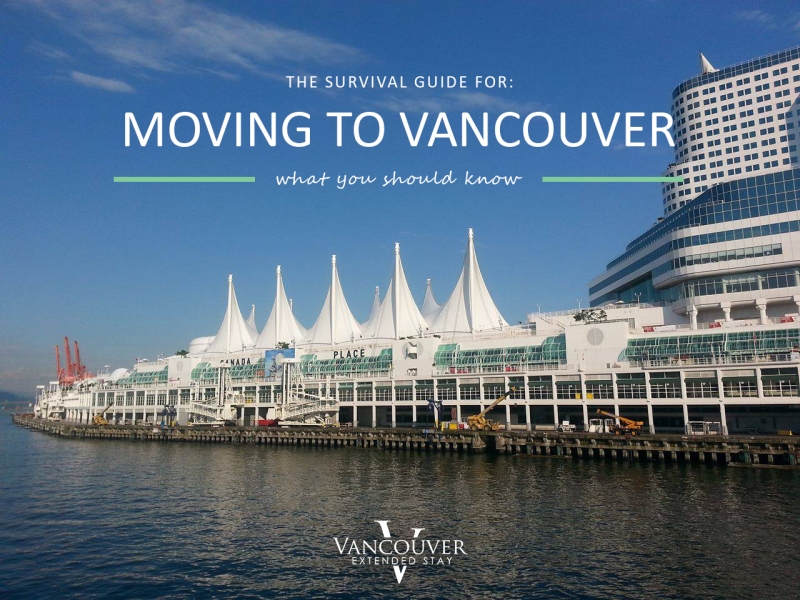Vancouver is the bright light of Canada’s western coast. It’s one of the country’s largest cities and lies at the heart of a metro area of nearly 2.5 million people. Metro Vancouver has seen startling growth in the past 20 years with the number of residents inside the city limits increasing by 50% and the metro area nearly doubling in size as well. It’s a popular destination for both retirees from all over the world as well as young, highly educated people looking to establish themselves in the city’s dynamic software, biotech and aerospace industries. It’s also a major destination for those involved with TV and film production. Moving to Vancouver is not as complex as moving to some other major Western cities but there are still a great number of things the aspiring Vancouverite will need to know.
Moving To Vancouver: Getting Started
- The Visa– Trying to explain the various types of visas and how they apply to people from different countries would take more space than we have here. Suffice to say that those planning to live and work in Vancouver will need some form of long-stay visa. You can determine exactly which one is applicable to your situation by visiting the Immigration, Refugees and Citizenship Canada (IRCC) website.
- Proof of insurance – In most cases in order to gain entry on your long-stay visa you will need to show what is called “proof of funds”. In this case you need to show that you have at least $12,300 CAD available to you to cover your expenses while in the country. If you are authorized to work in Canada, however, you will not need to show proof of funds. Insurance is another matter. When you enter Canada you must be prepared to show medical insurance that will cover basic medical care, hospitalization and potential repatriation (meaning your return to your home country in case of serious illness or the return of your body to your home country in case of death). If you are asked to produce such proof and cannot you will be denied entry.
Settling In
- Finding a place to live– You will of course need to have somewhere to stay when you first arrive but that will likely be a hotel. Once in the city your search for a permanent place to live will commence. There’s no doubt that craigslist is the go-to resource for apartments in the greater Vancouver area although it’s not the only one. Other resources that may lead you to the perfect apartment include online classifieds, local property management company websites (there are quite a few), community bulletin boards, word of mouth and more. One of the many good things about Vancouver is that utilities are usually included in the rent. Be mindful however, that while property management companies have oodles of listings, securing a place through one of them will cost you a hefty fee.
- Transportation– Car insurance in Canada can be prohibitively expensive so many people who are new to the area tend to use public transport. Fortunately, Vancouver has one of the best, most comprehensive and safest public transportation networks in North America that includes everything from buses to ferries and trains. While the city’s subway system isn’t going to give the Paris Metro a run for its money it’s nonetheless more than adequate to get you around to all the city’s major destinations. If you’ll be commuting to an office in Vancouver just get a monthly bus or subway pass and if you wind up anywhere near the Skytrain you’re in luck because it’s very convenient and very fast.
- Employment– We’d like to assume for the sake of convenience that you’ve come to Vancouver either with enough money to finance your entire stay or with a fairly significant job all lined up in one of the city’s many booming business sectors. But we know it doesn’t always work that way. So if you came here with the hope of finding a good job once you got here you’ll need to keep a few things in mind:
- A lot of expats come to Vancouver looking for a better life and while the economy is strong you’re going to be up against both the bountiful homegrown talent as well as everyone else who arrives from abroad looking for work.
- Before you begin working you’ll need to acquire a work permit through the TFWP (Temporary Foreign Worker Program).
- Before granting you a work permit TFWP officials are going to scrutinize your education and work experience to see if they are up to Canadian standards.
- If you do find a good job you’ll be covered by the both the Employment Insurance Program and the Worker’s Compensation Plan.
Again, keep in mind that you are going to be up against stiff competition for good jobs in Vancouver and if it’s between you and an equally talented Canadian the local is going to get the job.
- Banking– It’s important to open a bank account ASAP after moving to Vancouver. This will make everything much easier for you as you go about settling into your new life. When visiting a bank with the intention of opening an account you should remember to bring your passport and either a confirmation of permanent residence or a work permit, a letter from your employer laying out the particulars of your employment (including salary) and a driver’s license. It may also be helpful to bring a letter of reference from your bank in your country of origin, although it’s not absolutely necessary.
- Phone– You may find phone plans in Vancouver to be pretty expensive. A decent basic plan here is going to start at around $60 per month and go up from there. If you’re a fan of Skype this may be the time to indulge your affinity for it.
Conclusion
Moving to Vancouver will be one of the most exciting and rewarding experiences of your life. Just make sure you dot your i’s and cross your t’s when it comes to preparation and you should be fine.


No Comments